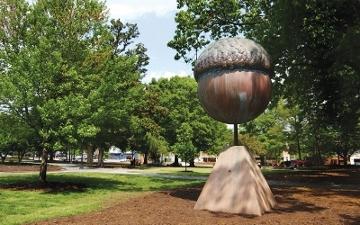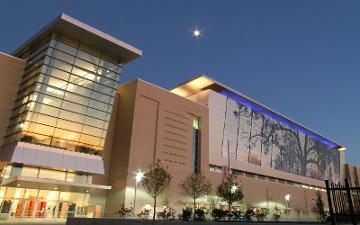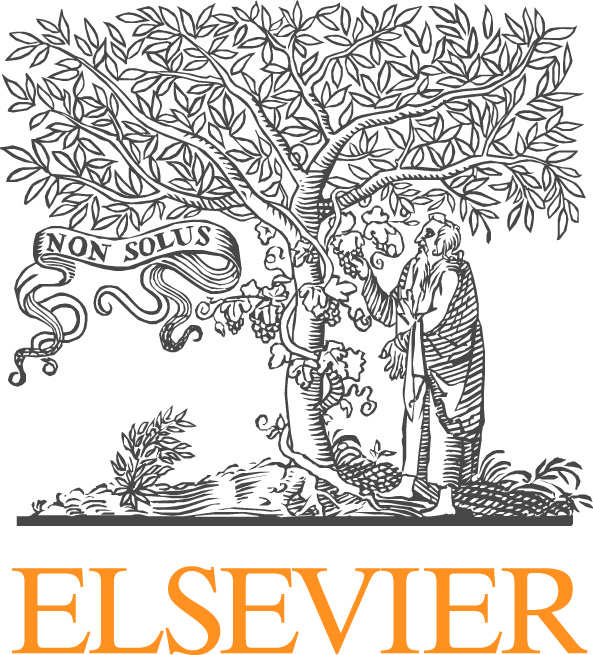
Mathematical and Numerical Modeling of Degradation of Materials and Structures
Kalyana Babu Nakshatrala, Ravindra Duddu, J.N. Reddy, Kaspar Willam
The behavior of materials/structures is strongly affected by a number of environmental factors, which include temperature, moisture, exposure to reactive or inert chemical species, electrical and magnetic fields, and radiation. Fatigue is another major factor that affects the behavior and serviceability of structures. This mini-symposium will serve as a platform to exchange ideas on computational, experimental, and theoretical techniques for modeling degradation of materials/structures. Talks and abstracts on the following topics are particularly invited:
Constitutive modeling: New and better multi-dimensional constitutive models for degradation of materials under harsh environment; constitutive modeling of (low cycle and high cycle) fatigue; stress corrosion cracking; effect of anisotropy and heterogeneity on degradation and fatigue; and critical reviews of existing constitutive models.
Computational techniques: New computational techniques to simulate various degradation mechanisms (e.g., fatigue, corrosion, thermal, moisture, irradiation); predictive simulation capabilities for studying fatigue; and multiscale modeling of degradation of materials and fatigue. Coupling molecular dynamic simulations and continuum models to study degradation is particularly encouraged.
Experimental, and Validation, Verification and Uncertainty Quantification studies: New experimental techniques / approaches for better understanding of various degradation mechanisms in multi-dimensions; systematic review of existing experimental approaches in the study on degradation and fatigue; and application of digital image correlation techniques to perform Validation, Verification and Uncertainty Quantification (VV&UQ) studies.
Mathematical approaches: Application of mathematical techniques or results (from Analysis, Partial Differential Equations, Dynamical Systems, Statistics, Probability) to address problems on degradation of materials; and stochastic modeling of fatigue.










